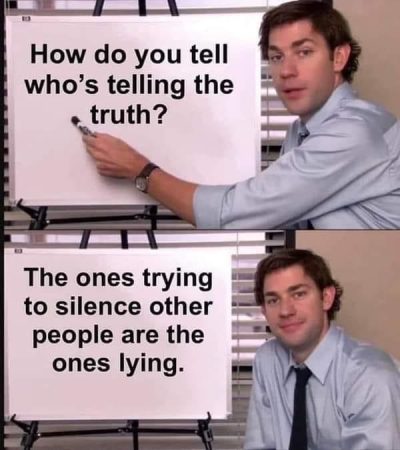I’m finding the Yes response to the disaster underwhelming

By Anthony Haritos
On the day Australia said “NO” to the planet’s oldest surviving First Nations people, we all must have a story to mark that famous day, surely.
I’ve got two.
Story one is more of an observation. The Greeks also have a day when they shouted a resounding No! “OXi” Day, October 28, 1940, was when the Greek PM rejected Italian dictator Benito Mussolini’s ultimatum to surrender in early-stage WWII, leading to delays in Hitler’s grand plan and arguably to the Germans invading Russia on 22 June 1941 – too late in the northern summer.
The difference between the two days? Greeks may continue to celebrate their declaration day long after we are all dead, rightly too, if it so pleases them. Whereas here in Australia …
The second story I won’t forget. Assisting my 91-year-old mother Helen to vote at the polling station on Saturday, I pointed out the allotted clearly marked rectangle as where to write her vote. Helen stared at the paper then said, “I can’t see it.”
I said, “There, inside that rectangle.”
She replied with a shaky voice, “Well, I can’t see a rectangle,” nodding her head with frustration. “This is what I’ve come to.”
I took hold of the bottom of the pencil and placed the graphite tip inside on the left-hand side of the rectangle.
I said, “It’s in position to write now Mum.” She scrawled. The Y was inside okay, the E straddling the bottom line 50-50 at an angle, and the S was completely outside below at 45 plus degrees.
Gawd. I placed the tip where the E should be, and said “Okay, try writing just the letters E and S again.”
My brain was squirming, just like that toad. I felt a sudden plunge into … pity. I felt so sorry for her. Again, the exercise of placing three letters on paper was a mess, but it had to do.
A year ago, I had taken Helen to an eye specialist where learning the full extent of her macular degeneration was a shock. I’ve been with her again the past three weeks. But this act brought it home. Bang.
At Dinah Beach Yacht Club I recounted the episode, adding, “Mum, with all the difficulties you face I’m really proud of you. How you keep getting up every day is amazing really.”
“Really? You are proud of me, Tony? Thank you. No one’s ever said they were proud of me before.”
I could close this with, “So we beat on, boats against the current …” but I won’t. It’s one appropriation too many. Then again, it’s small beer compared to appropriating the image of some Aboriginal elder someone downloaded from the internet, that someone then allocating some wise belief system to him. This happened time and again. Is this appropriation or misappropriation? Dunno. But it’s fucked. I do know that. And you’d hafta be a complete retard to do that. To go through the motions of carrying that out.
You’d have to be a kind of person I can’t put my finger on.
It was now well past midnight. I really did hope winners were being grinners down at No HQ, that they were all high on some kinda hog whooping it up, congratulating each other on … I really do. Congratulating each other … on what though? Can’t figure just what that would be.
Love to be a fly on the wall. What would they all be yelling at each other? Well, spitting on each other by now.
“I say, excellent appropriation there in Week Three! Brilliant use of that dead old blackfella with his cute little regulation-issue spear, paint and naga!! Fuck we got some good hits outa him. Had heads spinning, and that’s what we want. Hey old fella, you can relax now. I gotta say, you punched well above your weight there.”
Surely not? They wouldn’t be that witty. Not with an anchor tied to their ankle. Or necks. You’d hafta be a psychopath.
Yeah, hope they’re hog high cos I reckon, reckon tomorrow there’ll be that little bit, bitta niggle, you know … or maybe a deep dread …
The Yes crowds. Where are they? All off crying, weeping, sobbing … what did they expect? Get up, go on, lead, this is your time, laugh right back at ’em I say. Open season’s on them now, not you. Give ‘em both barrels, along with a spicy bitch-slap for luck.
Like what we do at The AIMN?
You’ll like it even more knowing that your donation will help us to keep up the good fight.
Chuck in a few bucks and see just how far it goes!
Your contribution to help with the running costs of this site will be gratefully accepted.
You can donate through PayPal or credit card via the button below, or donate via bank transfer: BSB: 062500; A/c no: 10495969